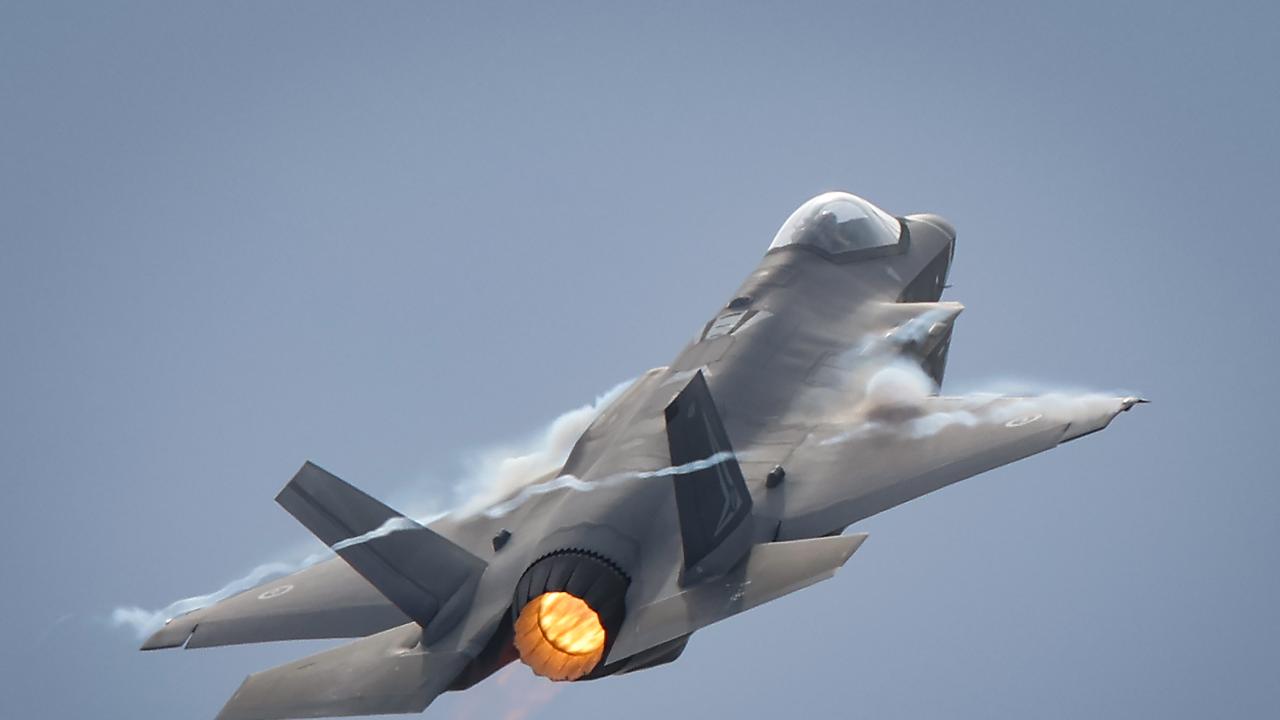War crimes report: Prosecutors face legal minefield
The Brereton inquiry will serve merely as a signpost for investigators as they to try build a case against elite soldiers alleged to have committed war crimes.
The damning findings of the Brereton inquiry will serve merely as a signpost for investigators as they to try build a case against elite soldiers alleged to have committed war crimes.
A special investigator has not yet been appointed by the Morrison government to investigate allegations that at least 25 serving and former special forces soldiers were involved in unlawfully killing 29 people in Afghanistan. It is understood this decision will likely be made by cabinet.
The special investigator faces a difficult task in separating information obtained from witnesses compelled to answer questions, including confessions — which cannot be used in criminal prosecutions — from any potentially admissible evidence.
Any prosecutions will take place in civilian criminal courts, rather than in a military tribunal, and be led by the commonwealth Director of Public Prosecutions.
The relevant war crimes of murder or cruel treatment were included in the commonwealth criminal code in 2002 after Australia signed up to the Rome Statute, which established the International Criminal Court.
Recognising the difficulty of mounting a successful prosecution, the report recommends that specific officers, involved in eight of the incidents, be granted immunity from prosecution if they agree to testify for the Crown.
This includes a soldier involved in covering up an alleged murder by taking photographs, and another officer whose evidence was important to multiple prosecutions.
When singling out these officers, priority was given to prosecuting those alleged to have incited or directed their subordinates to commit war crimes, over those who may have “pulled the trigger”, the report says.
Some of the subordinate officers had been implicated only as a result of their own disclosures, which could not be used against them in any event, the report says.
Lawyer Glenn Kolomeitz, who served in Afghanistan, said as a coercive administrative inquiry, witnesses were compelled to answer questions, but the trade-off was any information obtained during that process could not be used in a criminal prosecution.
“It can be used to further criminal investigations, but they have to be very careful that the information doesn’t taint any briefs of evidence that are subsequently produced,” he said.
“It’s a very, very difficult task to now deconflict evidence obtained from the inquiry and evidence to sustain a prosecution.
“I suspect there will be lots of legal arguments about derivative evidence, that ‘fruit of the poisonous tree’ — not only whether it has been used to further investigations, but the extent to which it has been relied on,” he said.


